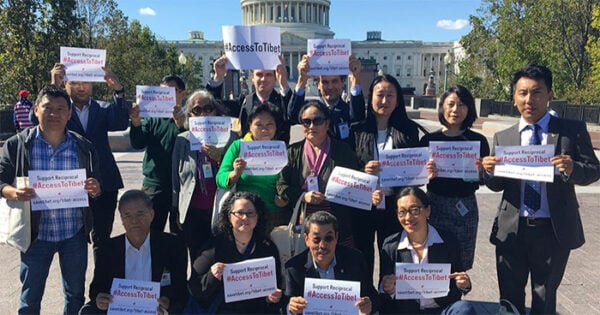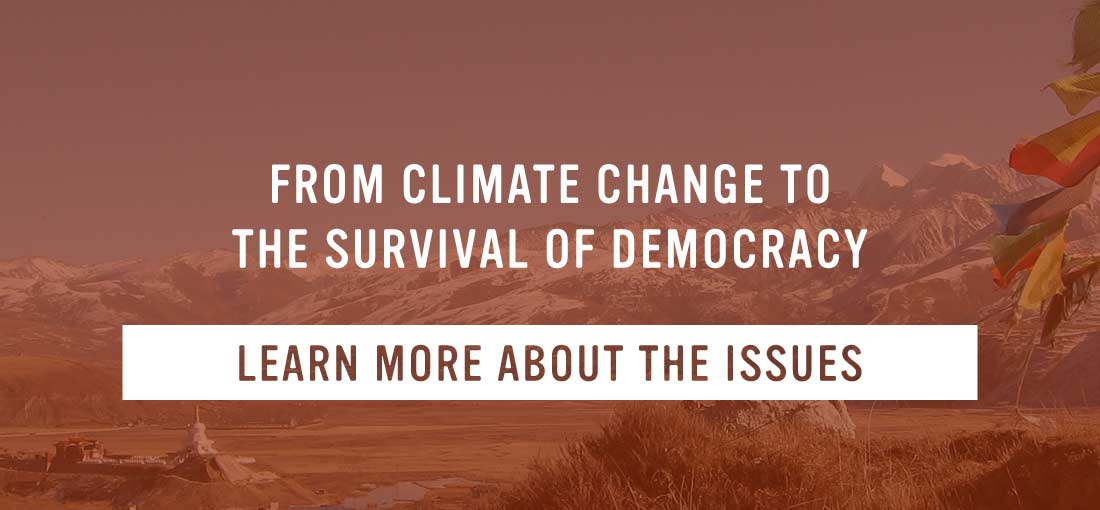The Tibetan people are locked inside Tibet. The rest of the world is locked out.
Chinese citizens are free to travel in the United States and other democratic countries. So why does China restrict foreigners from traveling freely in Tibet?
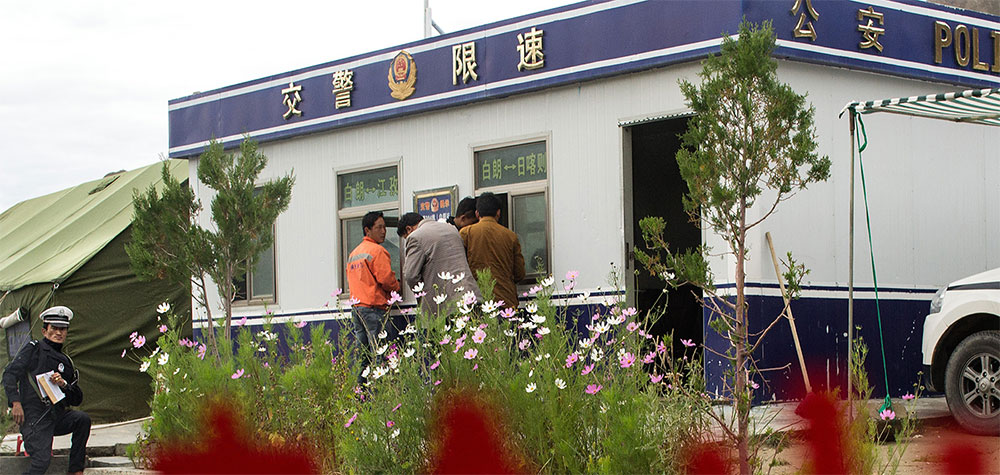
Reciprocity is a basic principle of diplomacy. It requires country A to give the same rights to the citizens of country B that country B gives to the citizens of country A. But when it comes to Tibet, China does not reciprocate.
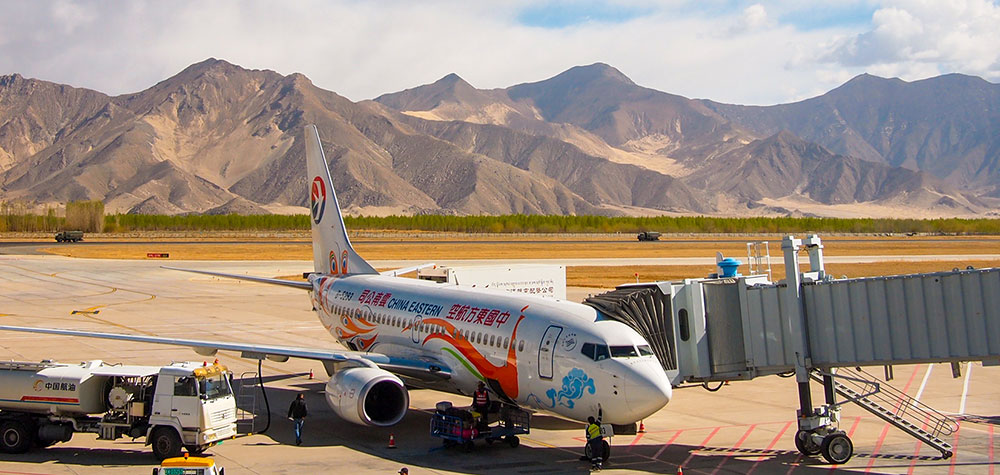
American journalists, diplomats and tourists are denied unfettered access to Tibet. The few who do get in are forced to stay on official tours that hide the truth of China’s human rights violations. This situation is worst of all for Tibetan-Americans, who undergo a racially discriminatory process at Chinese embassies and consulates and are often denied the right to visit Tibet.

In contrast, Chinese citizens are allowed to travel freely throughout the United States. In fact, Chinese state media agencies have set up shop in Washington, DC and other global capitals, spreading Beijing’s false narratives around the world.
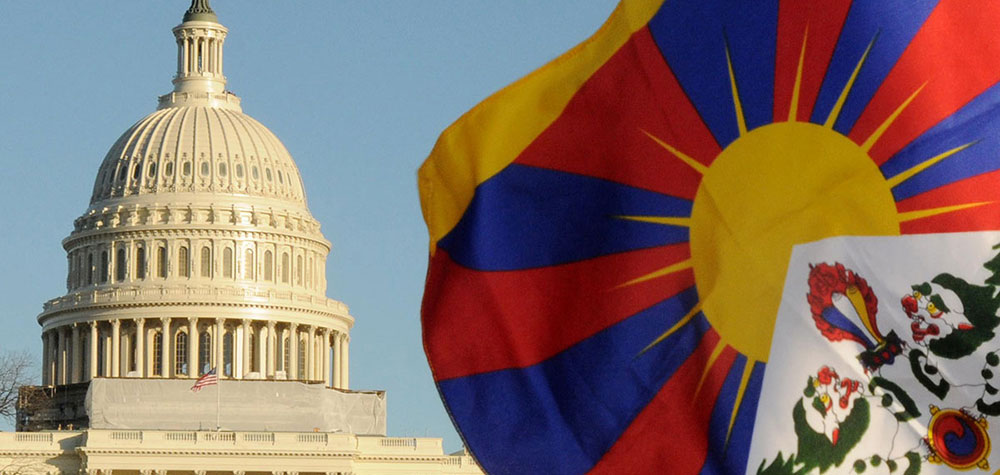
The International Campaign for Tibet supported the efforts of a strong bipartisan coalition in Congress that passed the Reciprocal Access to Tibet Act (RATA), which calls on China to end its isolation of Tibet and requires the State Department to revoke or deny US visas for the Chinese officials responsible for keeping Americans out of Tibet.
RATA makes it clear that access to Tibet is part of US national interests. It sends the message that what happens in Tibet is important for the American people and their government.
![]()
The Tibetan people are locked inside Tibet. The rest of the world is locked out.
Chinese citizens are free to travel in the United States and other democratic countries. So why does China restrict foreigners from traveling freely in Tibet?
Reciprocity is a basic principle of diplomacy. It requires country A to give the same rights to the citizens of country B that country B gives to the citizens of country A. But when it comes to Tibet, China does not reciprocate.
American journalists, diplomats and tourists are denied unfettered access to Tibet. The few who do get in are forced to stay on official tours that hide the truth of China’s human rights violations. This situation is worst of all for Tibetan-Americans, who undergo a racially discriminatory process at Chinese embassies and consulates and are often denied the right to visit Tibet.
In contrast, Chinese citizens are allowed to travel freely throughout the United States. In fact, Chinese state media agencies have set up shop in Washington, DC and other global capitals, spreading Beijing’s false narratives around the world.
The International Campaign for Tibet supported the efforts of a strong bipartisan coalition in Congress that passed the Reciprocal Access to Tibet Act (RATA), which calls on China to end its isolation of Tibet and requires the State Department to revoke or deny US visas for the Chinese officials responsible for keeping Americans out of Tibet.
RATA makes it clear that access to Tibet is part of US national interests. It sends the message that what happens in Tibet is important for the American people and their government.
![]()


